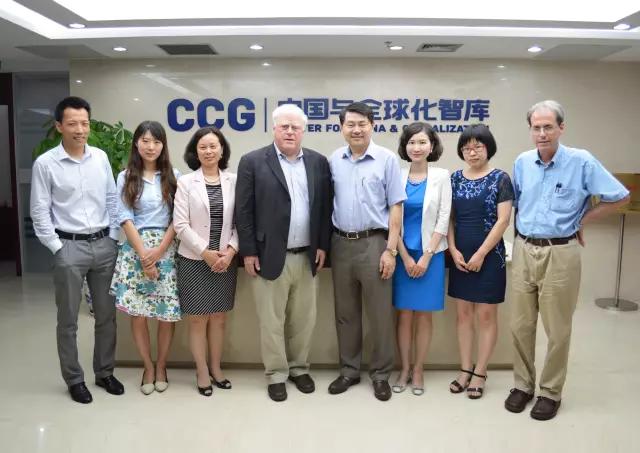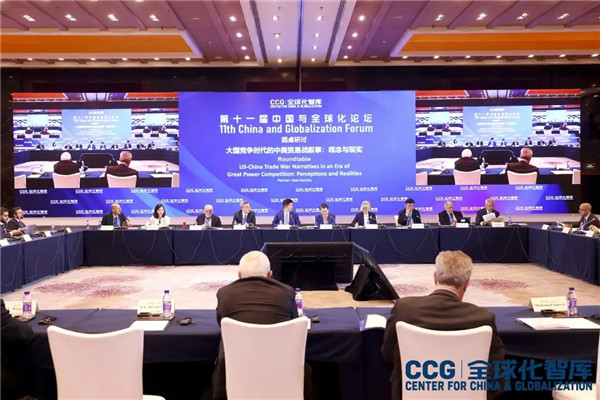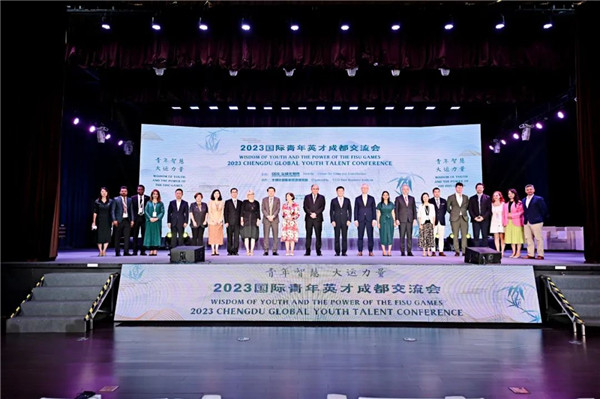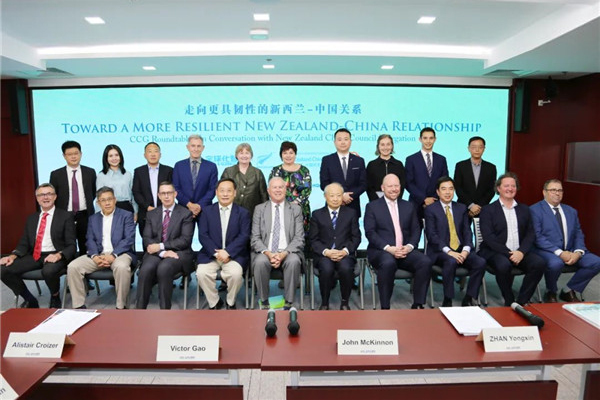CCG: Expert advises China to build innovative think tanks
McGann proposed several actions that China needs to take to create global think tanks. First, McGann said that because the vast majority of think tanks are currently housed within the formal structure of the government and focus primarily on government clients, China needs to embrace innovation and institutional diversity and build sectorial, university-affiliated, independent think tanks.
The professor, who spoke at the headquarters of the Center for China and Globalization in Beijing, said China needs to recruit think tank staff with new skills and new ideas. He noted that think tanks need to harness technology and new tools that shape public policy and influence policymakers, asserting that every think tank should be bilingual and optimally multilingual with English as a lingua franca.
CCG President Dr. Wang Huiyao and other executives also attended the roundtable.
McGann said Chinese think tanks have to motivate their staff to increase productivity and achieve policy innovation. He pointed out that think tanks must focus on rigor, relevance and impact and must not sacrifice rigor for accessibility.
The think tank expert stated that the nature of bureaucracy-based think tanks is such that there is no incentive for innovation and organizational renovation. Such think tanks are thus designed to maintain the status quo.
McGann said that think tanks must adopt policies and procedures that ensure the quality and integrity of their research, allow themselves to adopt and adapt approaches from other sectors, and innovate their strategic communication and marketing methods.
McGann suggested making good use of infographics, as visual representations of data and other information will help Chinese think tanks more effectively compete for the limited time and attention of policymakers.
He advised that China create a national network of think tanks that encourages innovation and the exchange of best practices.
McGann also said that because China is already the second-largest economy in the world, China’s think tanks must become leaders in the global think tank community by creating meaningful partnerships and innovations.
However, McGann also expressed concern that many institutions will “put old wine into new bottles.” President Xi Jinping has raised the expectations for think tanks, calling on them to help deepen the reform and modernization of China, but Chinese think tanks may not act or innovate fast enough to answer Xi’s call.

LocationBeijing





